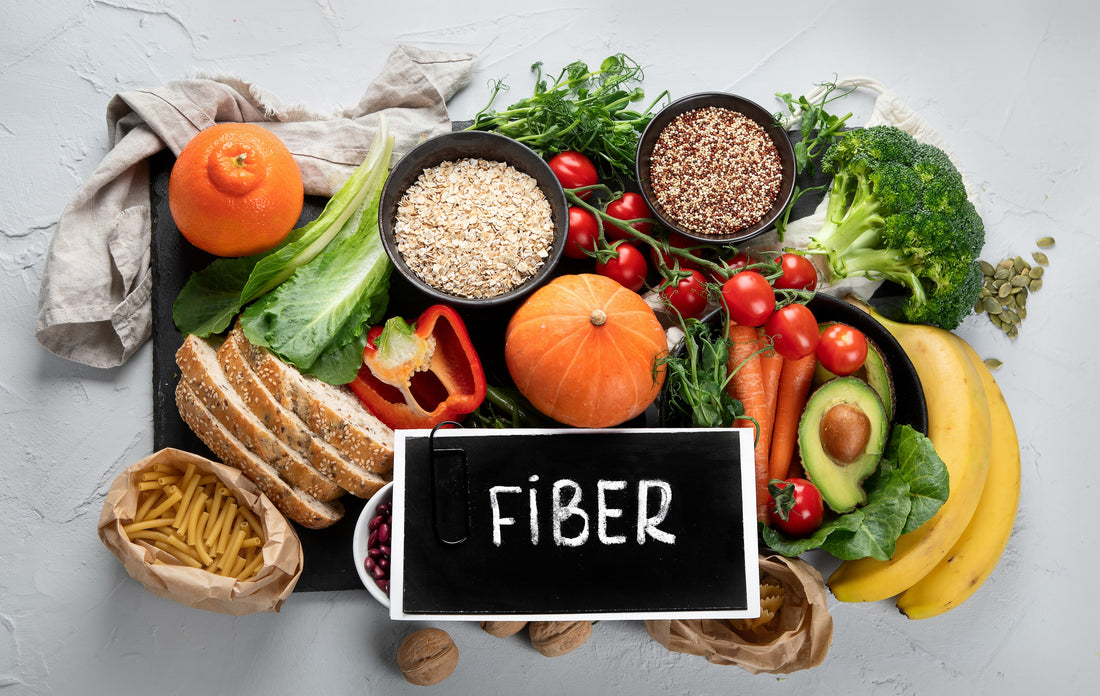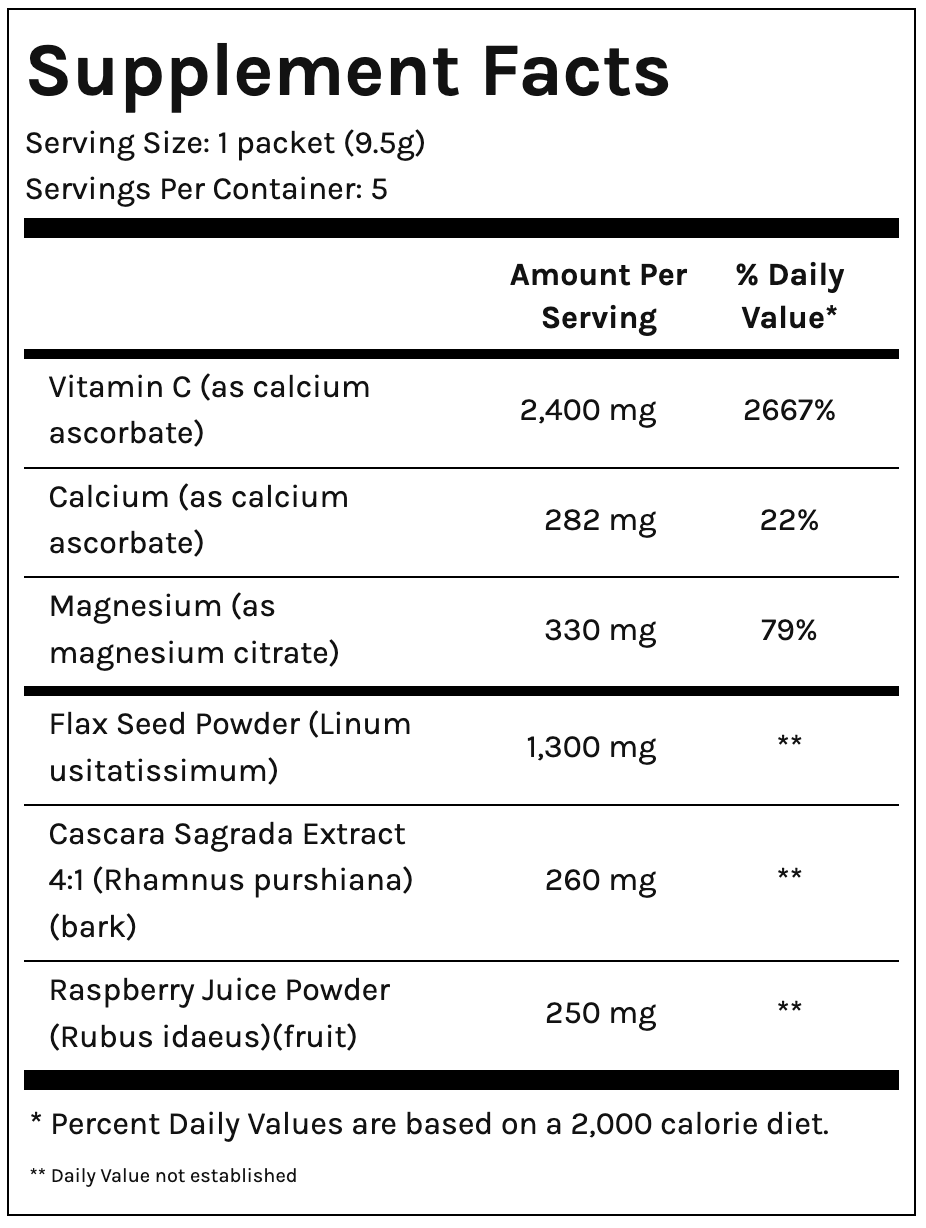Dietary fiber is often hailed as a hero of gut health. It supports digestion, regulates blood sugar, and keeps cholesterol levels in check. But is there such a thing as too much fiber? The short answer is yes! While fiber is essential for good health, overloading your diet with it can lead to uncomfortable side effects and even hinder proper nutrient absorption. Let’s dive into what happens when you overdo it and how to strike the right balance.
The Importance of Fiber
Fiber is the part of plant foods that our bodies can’t digest. It comes in two main types:
- Soluble fiber, found in foods like oats, beans, and fruits, dissolves in water and helps lower cholesterol and blood sugar levels.
- Insoluble fiber, found in whole grains, vegetables, and nuts, adds bulk to your stool and helps prevent constipation.
The daily recommended intake of fiber is about 25 grams for women and 38 grams for men. However, many people consume far less, making fiber-rich diets a cornerstone of good health.
What Happens When You Eat Too Much Fiber?
While fiber is essential, going overboard can lead to some unpleasant symptoms. Here’s what can happen:
1. Digestive Discomfort
Excess fiber can cause bloating, gas, and cramping, especially if your gut isn’t used to a high-fiber diet. This is because fiber is fermented by gut bacteria, which produce gas as a byproduct.
2. Constipation or Diarrhea
Ironically, too much fiber can lead to constipation if you don’t drink enough water. Fiber absorbs water to help move waste through your digestive system, so inadequate hydration can back things up. On the flip side, excessive fiber can also speed up digestion, leading to diarrhea.
3. Interference with Nutrient Absorption
Overloading on fiber can bind to essential minerals like calcium, iron, and zinc, reducing your body’s ability to absorb them. This is particularly concerning for those at risk of nutrient deficiencies.
4. Feeling Too Full
Fiber-rich foods are incredibly filling. Eating too much can suppress your appetite to the point where you may not consume enough calories or other essential nutrients.
 Who’s at Risk of Overdoing Fiber?
Who’s at Risk of Overdoing Fiber?
- Vegans and Vegetarians: Plant-based diets are naturally high in fiber.
- People Taking Fiber Supplements: Over-relying on powders or pills can push fiber intake too high.
- Individuals with Digestive Issues: Conditions like irritable bowel syndrome (IBS) can make the gut more sensitive to fiber.
How to Avoid Fiber Overload
-
Gradually Increase Fiber Intake
If you’re adding more fiber to your diet, do it slowly to give your digestive system time to adjust. -
Stay Hydrated
Drink plenty of water to help fiber move through your digestive tract smoothly. -
Balance Your Diet
Don’t rely solely on fiber-rich foods. Include a variety of proteins, healthy fats, and low-fiber options to ensure balanced nutrition. -
Listen to Your Body
If you’re experiencing discomfort, take a step back and evaluate your fiber intake. Adjust as needed.
Final Thoughts
Fiber is undeniably important for good health, but more isn’t always better. As with most things in life, balance is key. Aim for the recommended daily intake, listen to your body, and enjoy a variety of whole, nutrient-rich foods to keep your gut — and the rest of your body — happy.
Got questions about gut health? Let’s shut the gut up and talk about it in the comments below! 👇
~~
Meet Liz Hall, former flight attendant and founder of eeze Natural Health, who knows firsthand the struggles of maintaining gut health while traveling. Drawing from her own experiences, she created Travel-eeze, a natural supplement expertly formulated to relieve traveler’s constipation and support healthy digestion on the go.




